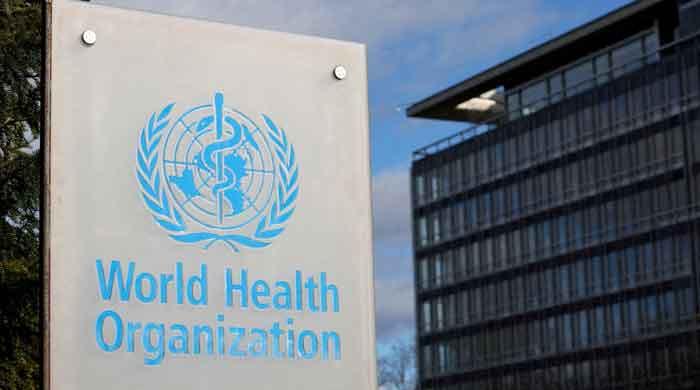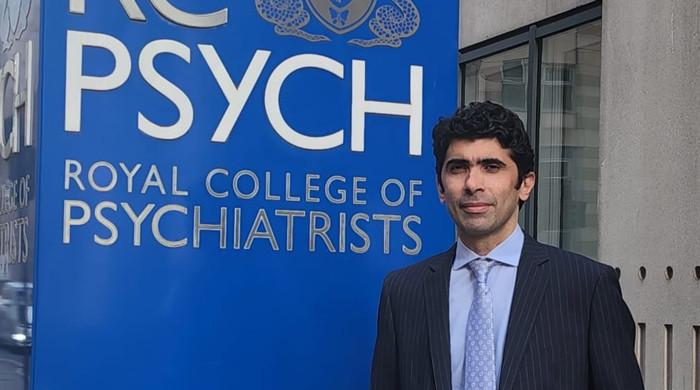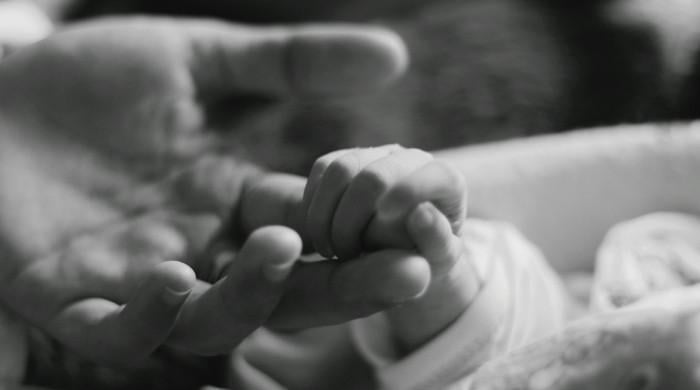'Embryos are children': What led to Alabama ruling and what's IVF's future in US?
Decision revolves around the state’s Wrongful Death of a Minor law, with the court overturning a trial court's dismissal, asserting embryos are legal entities
February 24, 2024
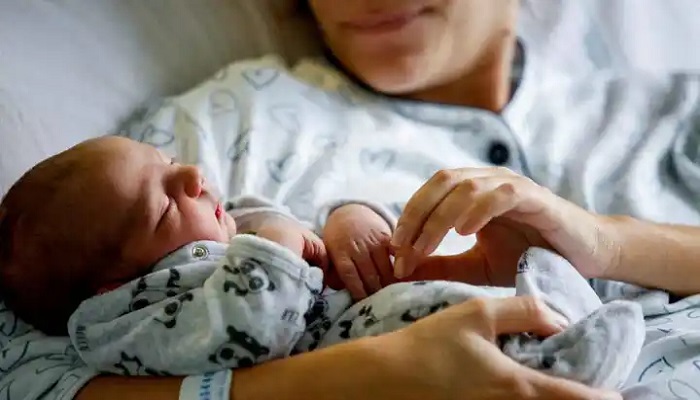
The recent Alabama Supreme Court ruling that classifies frozen embryos as children, making those who destroy them liable for wrongful death, underscores the far-reaching implications of the post-Roe v Wade landscape on the legal status of embryos.
Stemming from lawsuits involving parents who underwent in-vitro fertilisation (IVF), alleging the mishandling and destruction of embryos in a mobile hospital, the ruling, released this month, marks the first instance in the US where a court has declared frozen embryos as human beings.
The decision revolved around the state’s Wrongful Death of a Minor law, with the court overturning a trial court's dismissal, asserting that the embryos are legal entities under this statute. This pivotal ruling has a significant backdrop, notably the 2022 reversal of Roe v Wade by the US Supreme Court.
The legal journey leading to this decision dates back to 2006 when Alabama amended its criminal statute to include protections for the unborn, considering them as persons during criminal proceedings.
Subsequent court decisions and a constitutional amendment in 2018, focused on recognising and supporting the sanctity of unborn life, set the stage for the recent ruling.
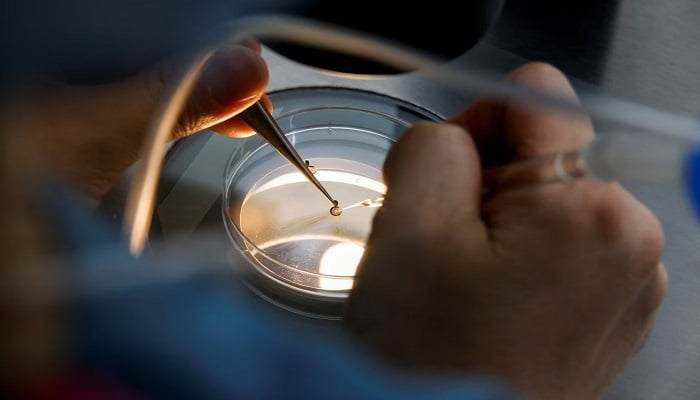
Dr Shaun Williams, a reproductive endocrinology expert, expressed concerns about the broader impact on fertility treatments, particularly in limiting abortion access. The ruling, equating embryos outside the uterus to legal equivalents of children, could make it challenging for couples in Alabama dealing with infertility issues, considering the emotional and social consequences.
Post-Roe, the absence of federal abortion rights grants states the authority to determine when life begins, potentially affecting embryos used in infertility treatments like in-vitro fertilisation (IVF). President Joe Biden condemned the Alabama Supreme Court decision, linking it directly to the overturning of Roe v Wade, highlighting the impact on women's healthcare and fertility treatments.
In response to post-Roe concerns, a bipartisan effort is underway in the Alabama legislature to draft legislation clarifying protections for in-vitro fertilisation treatments.
Concurrently, a state bill has been introduced to affirm that fertilised human eggs or embryos outside a human uterus are not considered unborn children under state law.
At the federal level, the Access to Family Building Act seeks to safeguard access to infertility treatments, superseding state laws, although no significant actions have been taken on it yet.
Sen Tammy Duckworth emphasised the need for her Access to Family Building Act in light of the Alabama ruling, aiming to establish a statutory right for Americans to access IVF and assisted reproductive technology, underscoring the broader implications of the evolving legal landscape surrounding reproductive rights.




